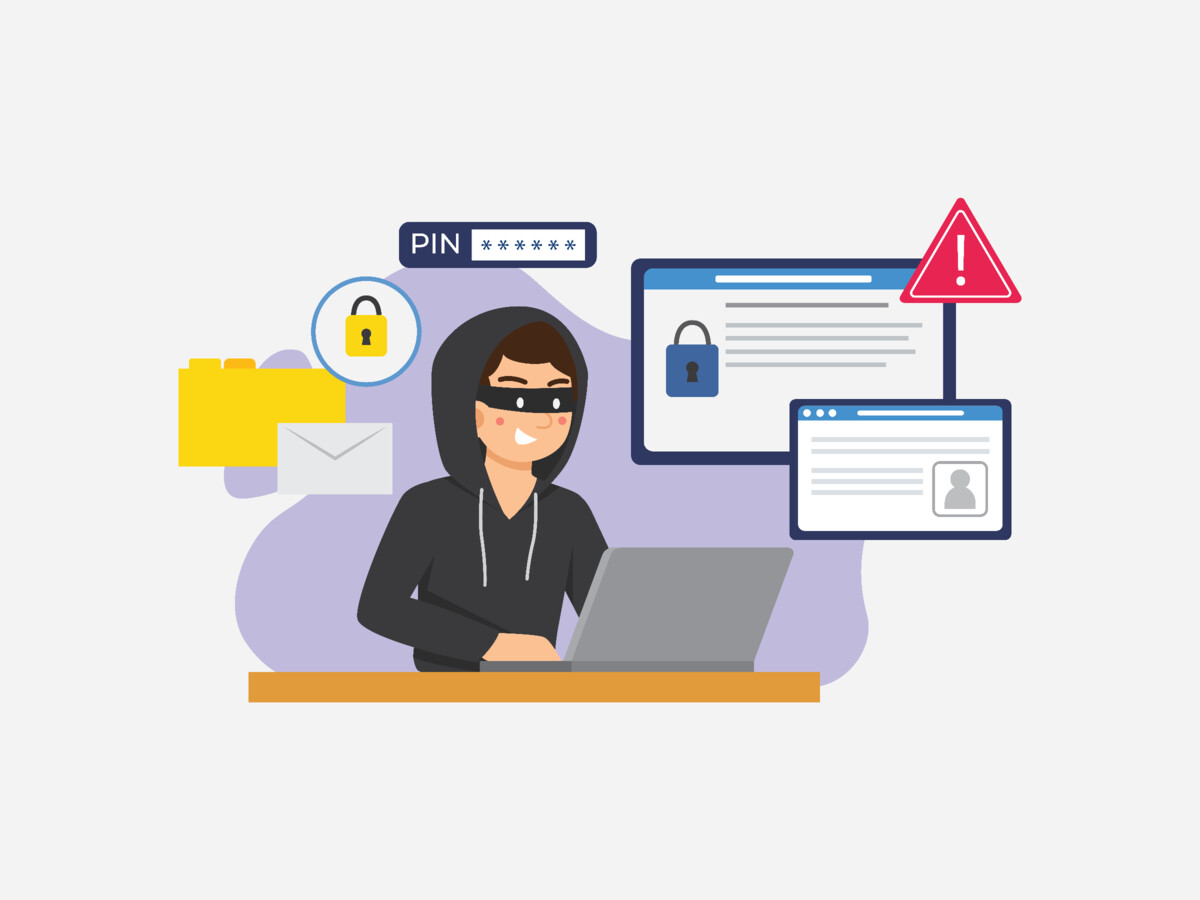Image


Excerpts from an FBI March 30, 2022 bulletin:
"Recent reporting indicates ransomware incidents against local governments resulted in
disruptions to public and health services, emergency and safety operations, and the
compromise of personal data. These types of attacks can have significant repercussions for local
communities by straining financial and operational resources and putting residents at risk for
further exploitation"
Ransomware tactics have and will continue to evolve as noted in the February 2022 Joint
Cybersecurity Advisory (CSA) by government agencies in the United States, Australia, and the United Kingdom.
The top three initial infection vectors in 2021 were
These were likely exacerbated by the continued remote work and learning environments which expanded the attack surface and challenged network defenders. In 2021, actors expanded their targeting tactics and widened the scope of victimization potential by
Recommendations
However, the FBI understands that when victims are faced with an inability to function, all
options are evaluated to protect shareholders, employees, and customers. Regardless of
whether your organization decides to pay the ransom, the FBI urges you to report ransomware
incidents as soon as possible to your local FBI field office (www.fbi.gov/contact-us/field-offices).
In addition to the items above, the FBI recommends GFS organizations consider the following: